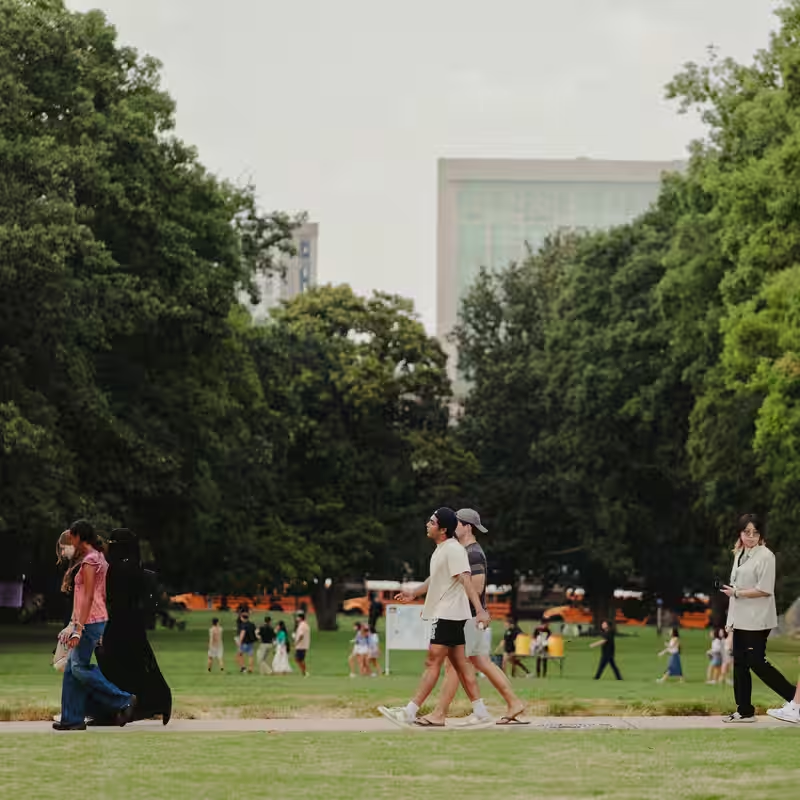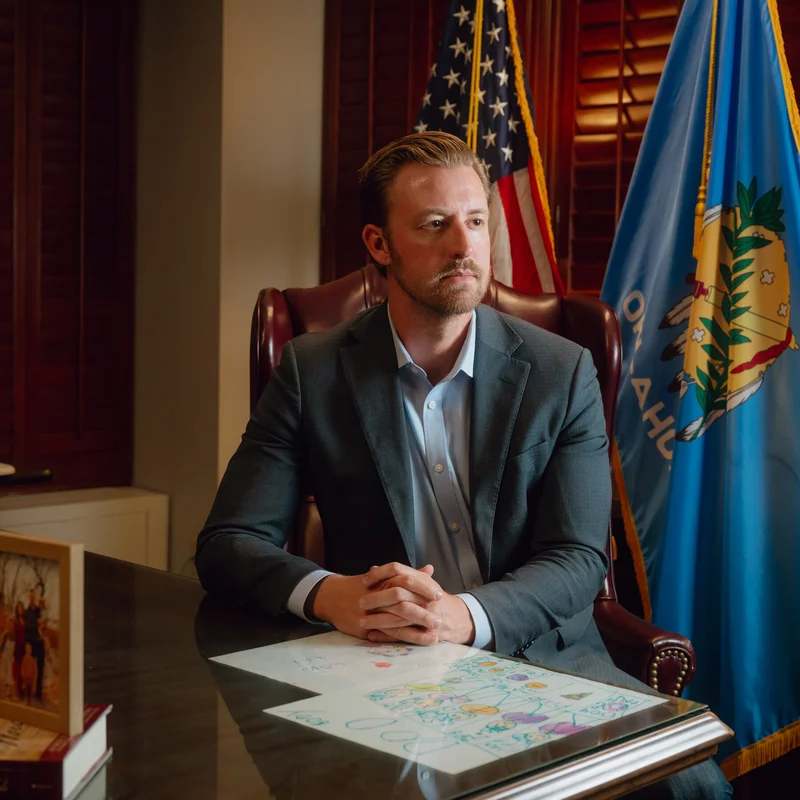Table of Contents
- Vanderbilt’s Expansion Strategy
- Why West Palm Beach?
- Economic Impact of University Campuses
- Higher Ed in Crisis—But Vanderbilt Grows
- Future Plans Beyond Florida
- Sources
Vanderbilt’s Expansion Strategy Defies National Trends
While many U.S. colleges grapple with declining enrollment, budget shortfalls, and campus closures, Vanderbilt University is doing the unexpected: expanding aggressively across multiple regions. The private research university from Nashville, Tennessee, is forging ahead with a bold new campus in West Palm Beach, Florida—a move that could reshape the city’s economic and educational landscape.
This isn’t just about adding square footage. It’s a strategic play to position Vanderbilt at the intersection of talent, innovation, and urban revitalization.
Why West Palm Beach?
Vanderbilt’s choice of West Palm Beach may seem surprising at first glance. But the city offers a rare combination of affordability, growth potential, and proximity to major innovation corridors in South Florida.
The university has entered into a 99-year lease for a former theological seminary site, signaling a long-term commitment. According to Chancellor Daniel Diermeier, the location allows Vanderbilt to “meet students where they are” while tapping into emerging industries in clean energy, biotech, and digital health.
Local officials have welcomed the move, citing the potential for job creation, increased property values, and a cultural uplift for the downtown corridor.
Economic Impact of University Campuses
Research consistently shows that universities act as powerful economic engines. Scott Andes, a professor at Carnegie Mellon University and expert in regional economic development, notes: “The main driver is human capital—talented people coming and staying in a region, increasing the skills in the area.”
Beyond tuition and faculty salaries, new campuses attract supporting businesses—cafés, housing, bookstores, tech startups—and often become hubs for public lectures, arts events, and community programs.
Estimated Economic Benefits of a New Campus:
| Impact Area | Short-Term (1–3 yrs) | Long-Term (5–10 yrs) |
|---|---|---|
| Jobs Created | 300–500 | 1,000+ |
| Annual Local Spending | $20M–$40M | $100M+ |
| Real Estate Value Uplift | 5–10% | 15–25% |
Higher Ed in Crisis—But Vanderbilt Grows
Nationwide, over 60 colleges have closed since 2020. Enrollment at community colleges and regional public universities continues to slide. Yet elite institutions like Vanderbilt are doubling down—not just surviving, but thriving.
Vanderbilt’s expansion isn’t limited to Florida. The university is also planning growth in its Nashville home base and exploring a potential satellite campus in San Francisco, drawn by the Bay Area’s AI and tech ecosystems.
“Community interest is high,” Diermeier said of the San Francisco proposal, especially as cities seek partners to revitalize downtown cores post-pandemic.
Future Plans Beyond Florida
Vanderbilt’s multi-city strategy reflects a new model for elite universities: becoming geographically distributed brands that offer location-specific academic tracks while maintaining a unified institutional identity.
In West Palm Beach, programs may focus on climate resilience and coastal sustainability. In San Francisco, expect AI ethics, venture labs, and tech policy. In Nashville, biomedical engineering and music innovation remain core strengths.
This approach not only diversifies revenue but also future-proofs the university against demographic and economic shocks.
Sources
The New York Times: Can a University From Tennessee Help Accelerate Growth in West Palm Beach?




